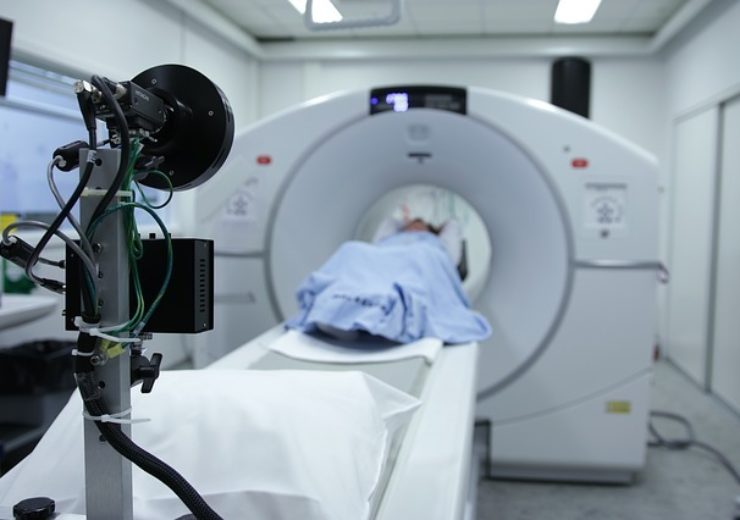The PET/CT scans are non-invasive and painless and take approximately 30 minutes to perform

Image: Cancer & Blood Specialists of Louisville is a practice in the American Oncology Network (AON). Photo: Courtesy of Bokskapet from Pixabay.
Cancer & Blood Specialists of Louisville have announced the new offering to patients, a new diagnostic imaging system known as PET/CT, or Positron Emission Tomography/Computed Tomography.
The new technology is set to combine the power of hybrid imaging in one exam, allowing physicians to more accurately detect and pinpoint disease and help improve patient outcomes.
The PET/CT scans are non-invasive and painless and take approximately 30 minutes to perform, and provides an advanced imaging data, additional comfort and convenience through reducing the number of diagnostic sessions.
AON CEO Brad Prechtl said: “The physicians and staff of Cancer & Blood Specialists of Louisville are committed to providing excellent care for their patients in Louisville and the surrounding areas. This technology allows them to continue to provide world-class cancer care in a community setting.”
Cancer & Blood Specialists of Louisville is a practice in the American Oncology Network (AON)
American Oncology Network (AON) is an alliance of physicians and experienced healthcare leaders in collaboration to ensure the long-term success of community oncology.
The AON network was founded in 2017, and is rapidly expanding with more than 45 physicians and more than ten nurse practitioners/physician assistants practicing across seven states, with more than than three decades of oncology practice management experience.
Furthermore, AON offers centralized specialty pharmacy, diagnostics, pathology, fully integrated electronic medical records, a care management team and a variety of financial assistance programs.
AON radiation oncology and radiology vice president Jeff Esham said: “PET/CT scans allow for the most accurate detection of the location, size and shape of tumors and lesions. With this technology, our physicians are able to see changes within the cancer in ways that had never before been possible.”
Louisville cancer & blood specialists Vijay Raghavan said: “The image quality with the PET/CT scanner is truly exceptional. “This technology allows us to expand our clinical capabilities and provide a more definitive treatment strategy to our patients.”
